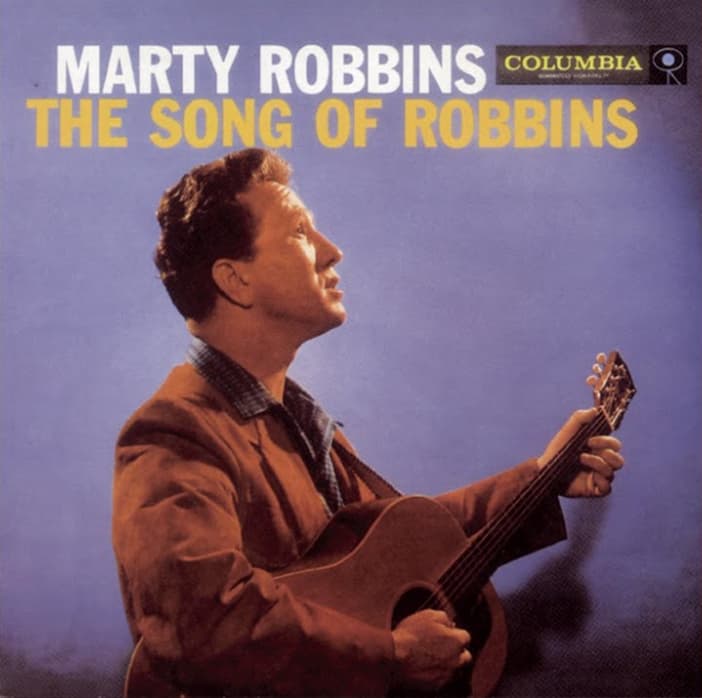
The ultimate country lament: a deceptive declaration of forgetfulness masking a profound and lingering ache.
In a world before instant gratification, before a lifetime of memories could be scrolled through on a little glowing screen, we had songs. And few singers captured the bittersweet, complex emotions of a bygone romance quite like the legendary Marty Robbins. His voice, a soothing balm and a sharp, aching whisper all at once, transported us to dusty roads and lonely honky-tonks, to the quiet moments of reflection after the lights went down. Among his many masterpieces, the song “I Never Let You Cross My Mind” stands as a testament to this unique kind of country heartache. Released in 1957 on the album “The Songs of Robbins,” this tune isn’t about grand gestures or dramatic farewells. It’s about the small, persistent echoes of a love that’s supposed to be over, but isn’t.
The song, written by the prolific Fred Rose, is a brilliant piece of lyrical irony. The narrator claims to be completely over his former lover, asserting he’s having a grand old time and is too busy to even think about her. He’s moved on, or so he says. But the clever twist lies in the very structure of the lyrics, where each verse’s bold claim is immediately contradicted by the final line. “I never let you cross my mind unless I want you to,” he sings, a seemingly powerful statement of control. But then he admits, “You’re not my worry anymore except when I feel blue.” The facade crumbles with each line, revealing the raw, unhealed wound beneath the bravado. This isn’t a song of forgetting; it’s a song of pretending to forget, and failing miserably at it. It’s a universal feeling for anyone who has ever tried to convince themselves, and the world, that a past love holds no power over them.
This wasn’t a chart-busting single for Robbins, which is almost fitting for such a deeply personal and reflective track. While he was scoring major hits around this time with songs like “A White Sport Coat (and a Pink Carnation)” and the enduring “Singing the Blues,” this particular song found its home as a standout on the album, a hidden gem for the true connoisseurs of country melancholy. It was one of the many facets of Robbins’s incredible talent—the ability to not only deliver a soaring ballad or a gunfighter’s tale but to also inhabit the quiet desperation of a man haunted by a memory. The story of this song isn’t in a headline or a chart position; it’s in the quiet, shared experience of anyone who has ever said, “I’m fine,” while their heart was silently breaking. It’s the moment the mind catches up to the truth, a sudden realization that the past isn’t as far behind as you’d like to believe. This song is a time capsule, a snapshot of a moment in time when a simple three-chord melody and a few heartbreakingly honest words could convey more emotion than a thousand carefully crafted lies.